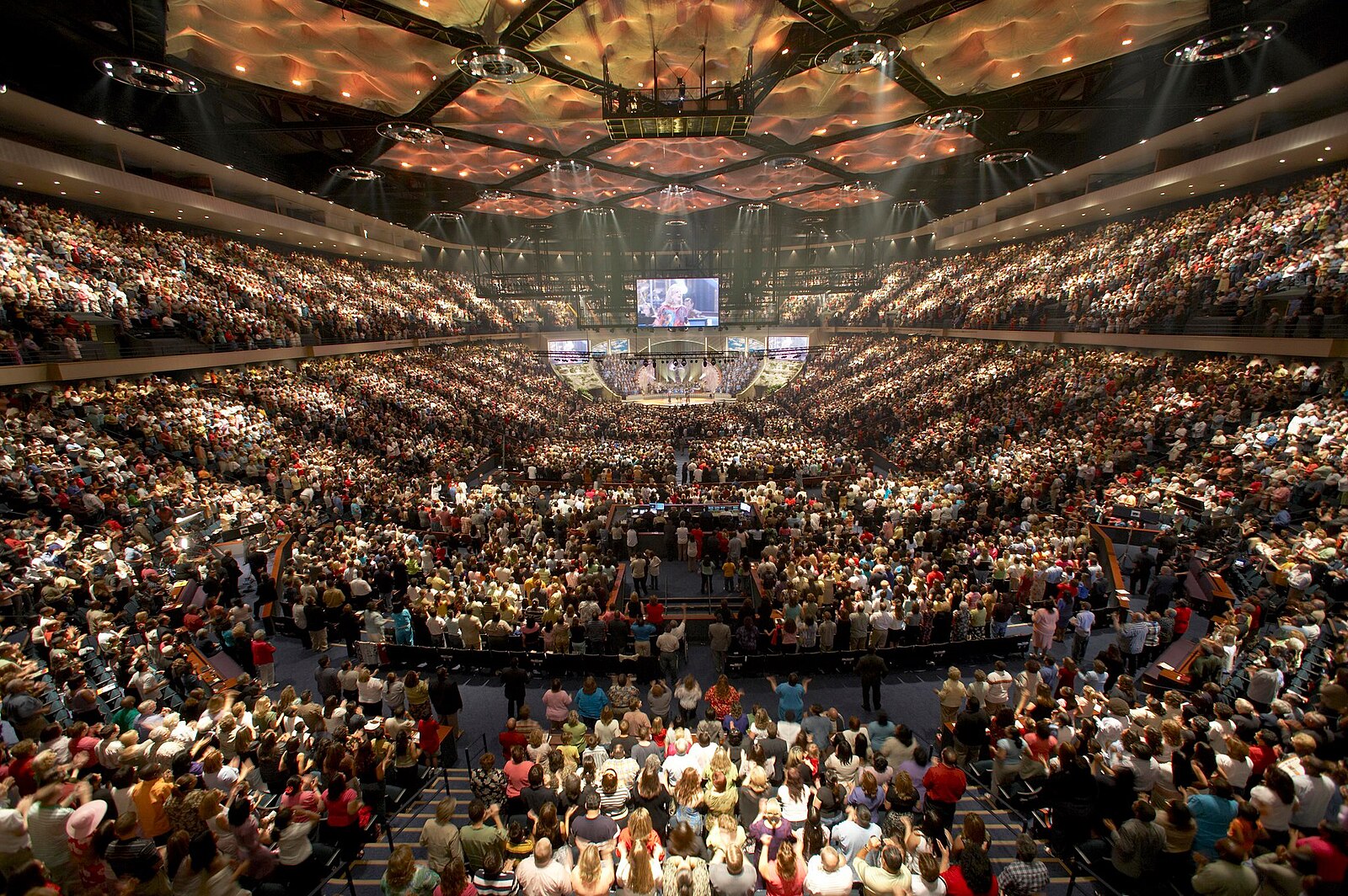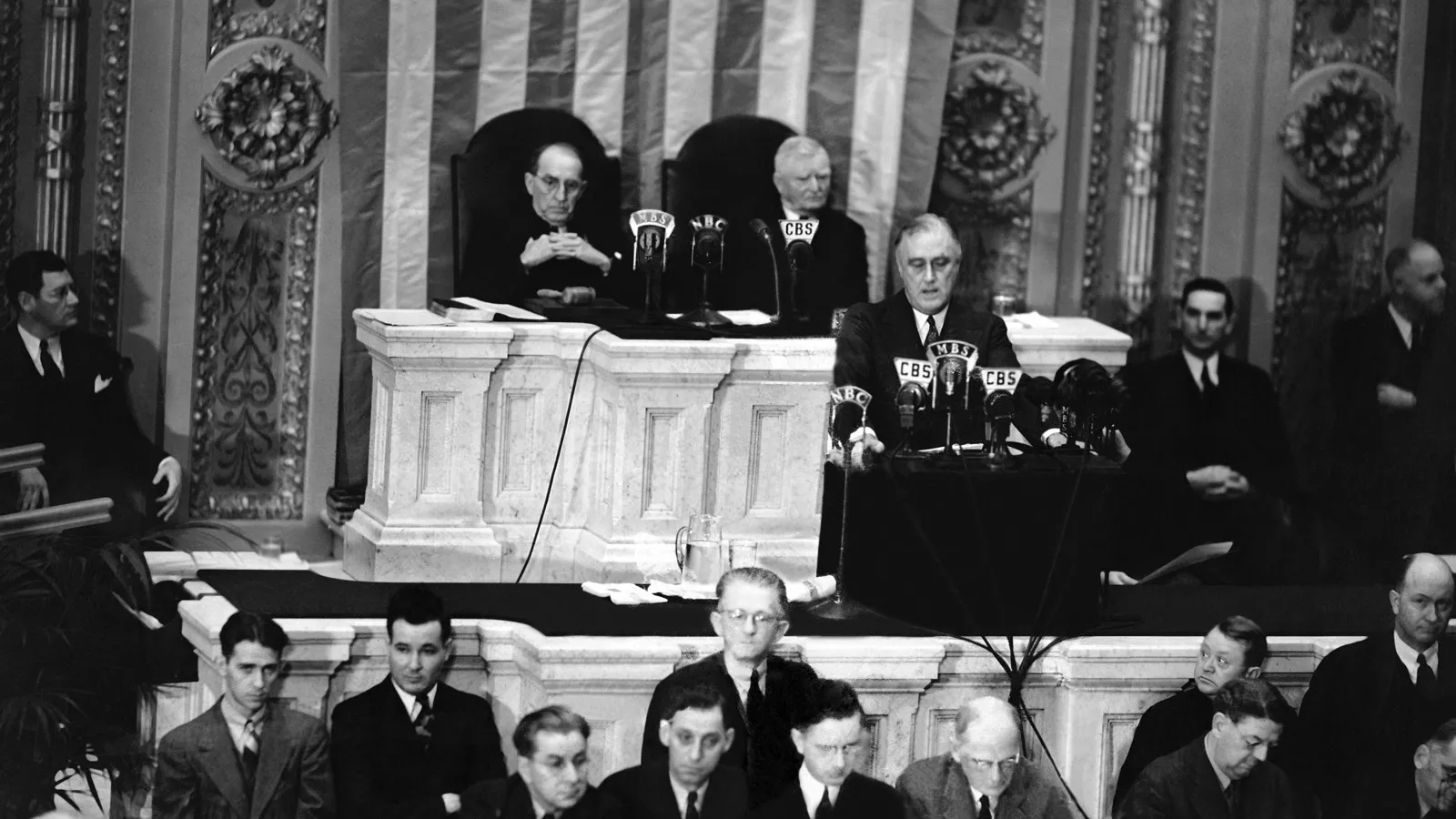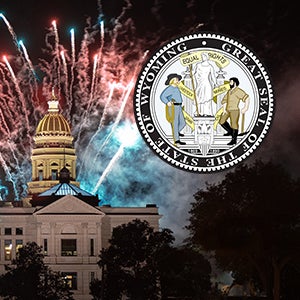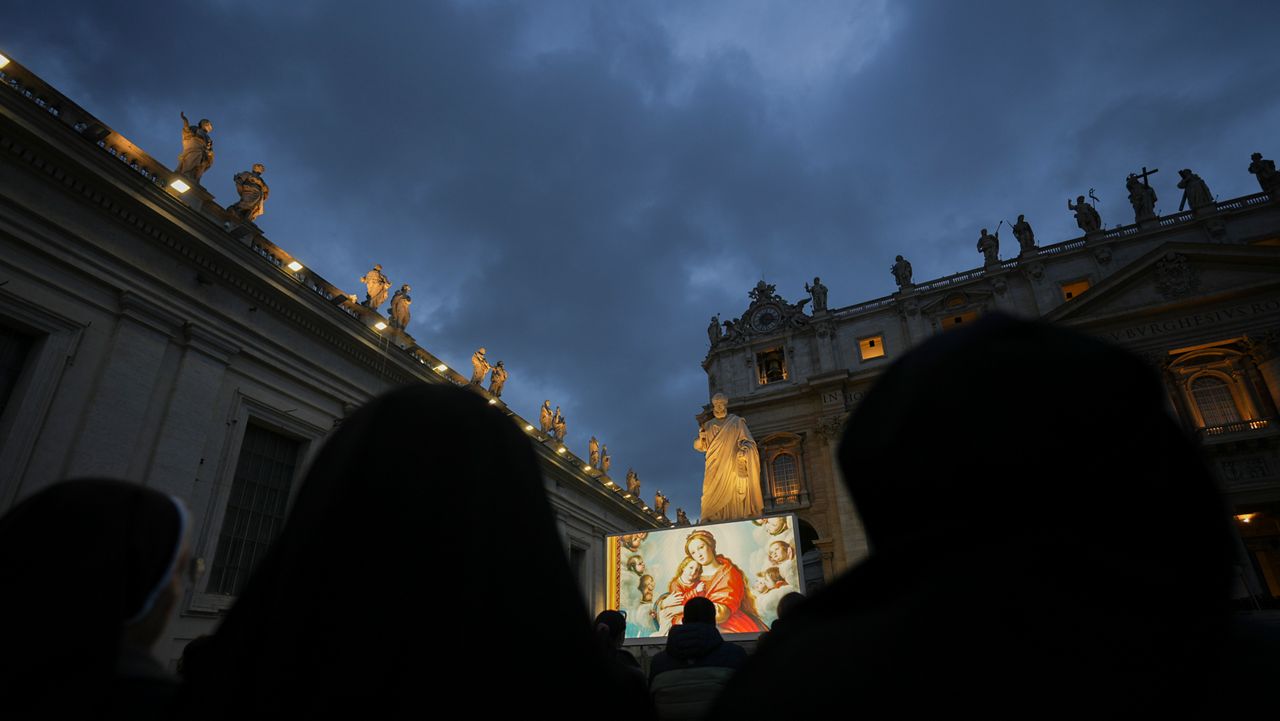Spiritual Crossroads: Why Not All Paths Converge in Divine Understanding
Religion
2025-03-25 08:00:30Content

In our increasingly diverse world, the notion that "all religions are equally valid" has become a popular sentiment. But is this well-intentioned perspective truly logical or just a comforting illusion?
At first glance, religious tolerance sounds noble. The idea that every belief system contains a kernel of truth seems compassionate and inclusive. However, when we dig deeper, this perspective reveals significant philosophical contradictions.
Different religions make fundamentally incompatible claims about the nature of reality, divine existence, and spiritual truth. Christianity asserts Jesus as the sole path to salvation, while Islam declares Muhammad as the final prophet. Hinduism embraces multiple deities, whereas Buddhism challenges the concept of a supreme being altogether.
These aren't mere nuanced differences—they represent profound, mutually exclusive worldviews. If every religion were completely "right," then logical consistency would become impossible. Contradictory truth claims cannot simultaneously be true.
True respect for religious diversity doesn't mean accepting all beliefs as equally valid, but recognizing each tradition's unique perspective while maintaining intellectual honesty. Genuine dialogue requires acknowledging genuine differences, not glossing over them with superficial inclusivity.
Ultimately, critical thinking demands we examine religious claims rigorously, seeking understanding rather than uncritical acceptance. Respectful inquiry, not blind relativism, leads to genuine interfaith comprehension.
Navigating the Labyrinth of Religious Relativism: A Critical Exploration of Spiritual Pluralism
In an increasingly interconnected world, the complex landscape of religious beliefs challenges our fundamental understanding of truth, identity, and spiritual authenticity. The contemporary discourse surrounding religious diversity demands a nuanced examination of how different faith traditions intersect, conflict, and potentially coexist in a global context.Unraveling the Myths of Universal Religious Acceptance
The Illusion of Absolute Spiritual Equivalence
Religious pluralism has emerged as a compelling philosophical framework that attempts to reconcile the seemingly irreconcilable differences between global belief systems. However, this approach often oversimplifies the profound theological distinctions that fundamentally separate various religious traditions. Each spiritual path represents a unique epistemological framework, with distinct metaphysical assumptions, ethical principles, and ontological interpretations of reality. The notion that all religions are fundamentally identical represents a dangerous intellectual reductionism that undermines the intrinsic complexity and depth of individual faith traditions. While compassionate understanding and mutual respect are crucial, equating all religious perspectives risks diluting the profound philosophical and theological nuances that define each belief system.Epistemological Challenges in Religious Comparative Analysis
Comparative religious studies reveal intricate challenges in establishing universal spiritual equivalence. Different religious traditions fundamentally diverge in their conceptualizations of divine nature, human existence, and metaphysical reality. These differences are not merely superficial but represent profound philosophical and theological distinctions that cannot be casually dismissed or homogenized. Western philosophical traditions often approach religious pluralism through a lens of rational reconciliation, while Eastern philosophical frameworks might embrace a more syncretic and holistic perspective. This epistemological diversity underscores the complexity of genuinely understanding and comparing religious worldviews.The Psychological Dynamics of Religious Belief
Human psychological mechanisms profoundly influence religious experience and interpretation. Cognitive biases, cultural conditioning, and individual psychological frameworks shape how individuals perceive and internalize spiritual narratives. The subjective nature of religious experience makes objective comparative analysis inherently challenging. Neurological research suggests that religious experiences activate specific brain regions associated with emotional processing, suggesting that spiritual beliefs are deeply intertwined with complex psychological mechanisms. This neurological perspective challenges simplistic notions of religious universalism and highlights the intricate relationship between individual psychology and spiritual perception.Ethical Implications of Religious Relativism
The philosophical stance of religious relativism carries significant ethical implications. While promoting tolerance and understanding, it simultaneously risks undermining the normative ethical frameworks that provide moral guidance within specific religious traditions. Ethical relativism can potentially erode the distinctive moral principles that define individual spiritual paths. Genuine interfaith dialogue requires a delicate balance between respectful acknowledgment of differences and a commitment to understanding the unique philosophical contributions of each religious tradition. This approach demands intellectual humility, critical thinking, and a willingness to engage with complex theological perspectives.Towards a Nuanced Understanding of Religious Diversity
Contemporary global dynamics necessitate a sophisticated approach to religious pluralism. Rather than seeking superficial homogenization, we must cultivate a framework of respectful engagement that acknowledges fundamental differences while promoting mutual understanding and constructive dialogue. This approach requires transcending simplistic binary thinking and embracing the rich, complex tapestry of human spiritual experience. By recognizing the unique philosophical contributions of diverse religious traditions, we can develop a more nuanced, empathetic, and intellectually rigorous understanding of global spiritual diversity.RELATED NEWS
Religion

Unmasking Silence: Survivors Create Landmark Database Exposing Cardinal Misconduct
2025-03-25 18:05:00







